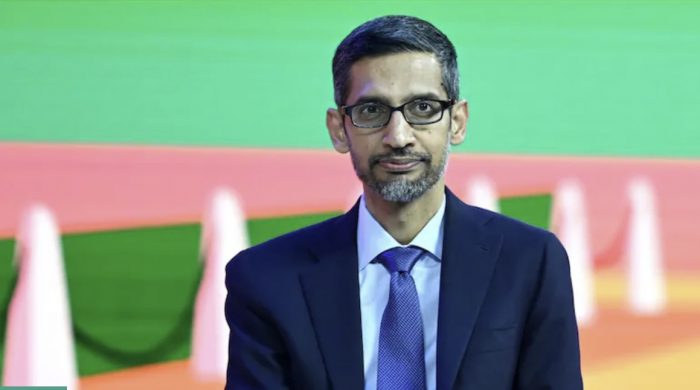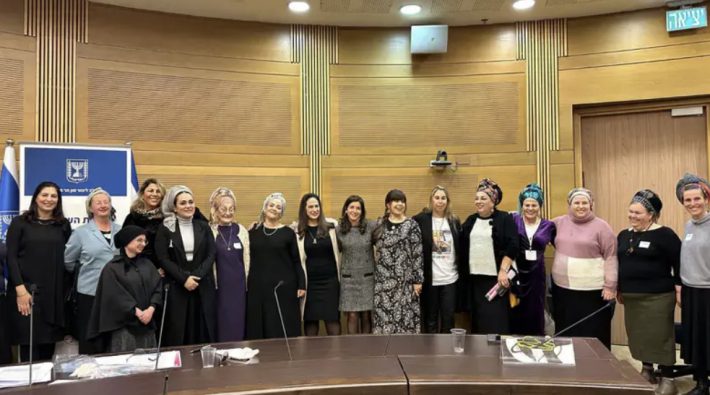Alphabet CEO Sundar Pichai celebrates the 2025 Nobel Physics laureates — two with deep Google roots — for pioneering quantum breakthroughs powering the future of computing.
Alphabet CEO Sundar Pichai praised this year’s Nobel Prize in Physics winners — Michel Devoret, John Martinis, and John Clarke — highlighting the profound role their research has played in shaping the modern era of quantum computing and Google’s own technological evolution.
In a post on X (formerly Twitter), Pichai wrote:
“Congrats to Michel Devoret, John Martinis, and John Clarke on the Nobel Prize in Physics. Michel is chief scientist of hardware at our Quantum AI Lab, and John Martinis led the hardware team for many years.”
The 2025 Nobel Committee honored the three scientists for their groundbreaking discoveries in quantum mechanics, which have paved the path toward stable and error-corrected quantum computers — the next frontier of computing power.
Pichai emphasized how the laureates’ work, dating back to the 1980s, became the scientific bedrock for Google’s Quantum AI initiatives, driving innovations that may soon revolutionize cybersecurity, drug discovery, and data optimization.
“Their pioneering work in quantum mechanics made recent breakthroughs possible and paved the way for error-corrected quantum computers to come,” Pichai said.
The Google CEO also revealed that he had visited the company’s Quantum AI lab in Santa Barbara just a day earlier, describing it as “an inspiring moment to see theory become reality.”
“Feeling lucky this morning to work at a company that has had five Nobel Laureates among our ranks — three prizes in two years!” he added proudly.
The achievement underscores Google’s rising influence in global scientific innovation, bridging academia and applied technology. According to Hindustan Times, former Google scientist John Martinis, who left the company in 2020, co-founded Qolab, a quantum computing startup, in 2022 — continuing the legacy of quantum exploration he helped ignite at Google.
From Silicon Valley to Stockholm, this year’s Nobel recognition reaffirms the symbiosis between cutting-edge research and private innovation — a partnership that continues to redefine the boundaries of science, technology, and possibility.





